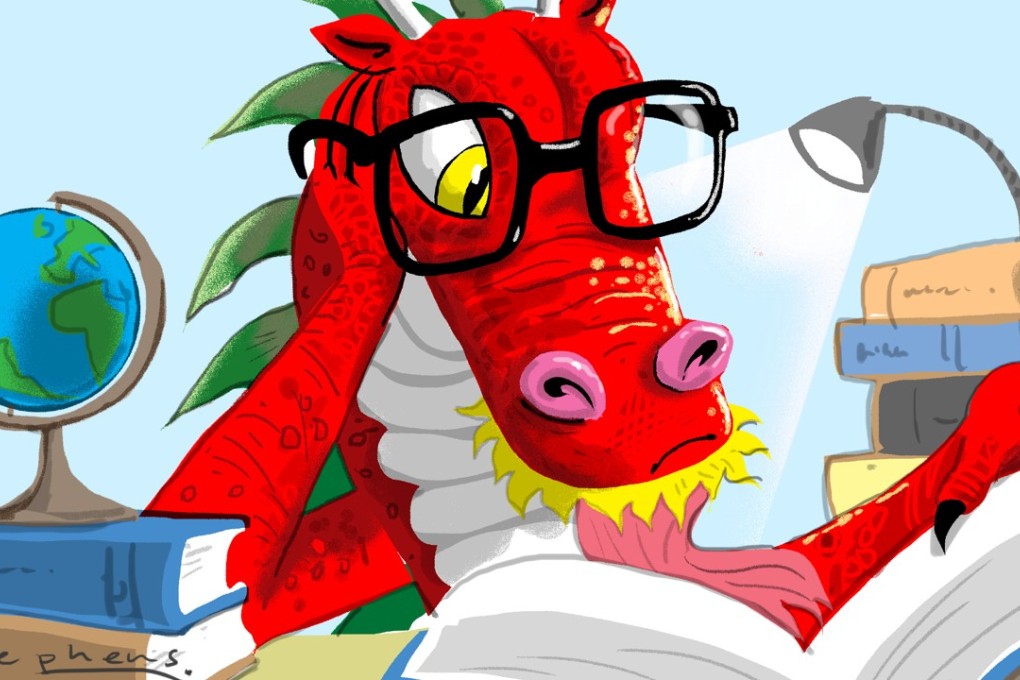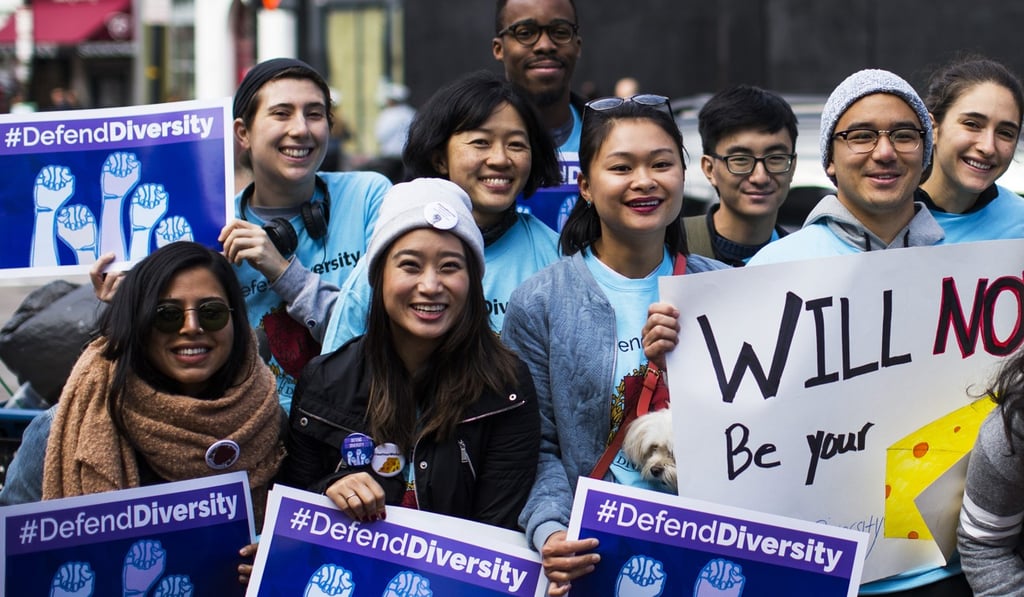Amid growing suspicion of Beijing, the world needs the wisdom of Chinese scholarship – and so does China
- Peter Chang says China’s flexing of its academic muscles is to be welcomed, if its cooperation with others is fair and open
- For its own sake, China must return to pluralistic education, focusing not just on the sciences but the humanities, and free up space for critical learning

As the first fully fledged Chinese university established overseas, Xiamen University Malaysia marks China’s entry into one of the few remaining Western-dominated arenas: international higher education.
But China’s formidable scholastic power is saddled with drawbacks and deficiencies that could undermine Beijing’s grand endeavour.
To begin with, the discipline and rigour with which the Chinese pursue academic success can prove overwhelming, even disruptive, when transplanted across cultures. In Malaysia, for instance, the ethnic Chinese students were so competitive that the Malay majority, unable to compete on merit, needed affirmative-action policies to secure admission to public universities.
And such dissonances are not confined to developing countries like Malaysia. Earlier in the year, New York Mayor Bill de Blasio proposed a change in the entrance requirements to the city’s elite high schools. This is to counter an ethnic Chinese-dominant Asian-American over-representation, and to preserve a student body reflective of the city’s racial diversity.

